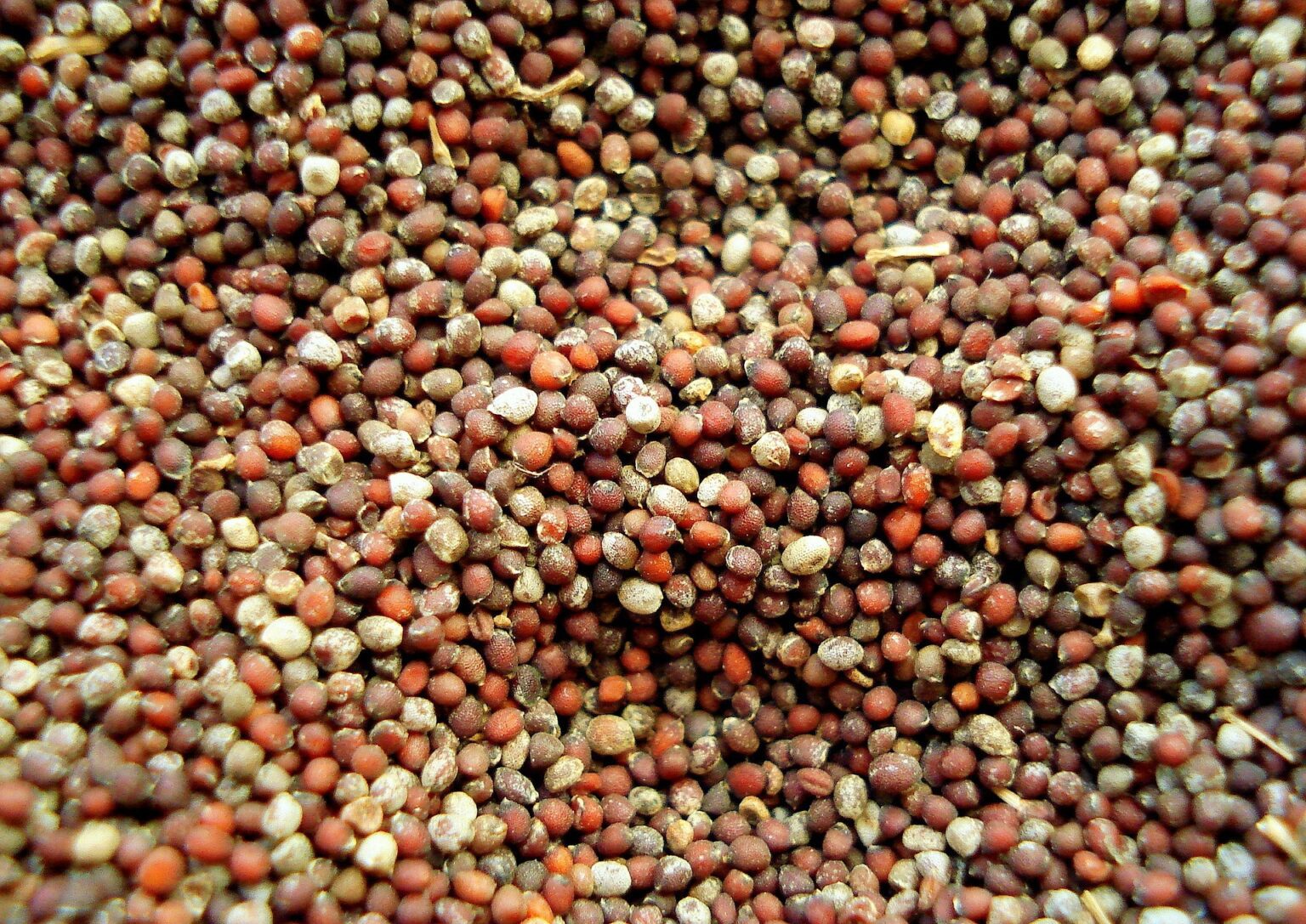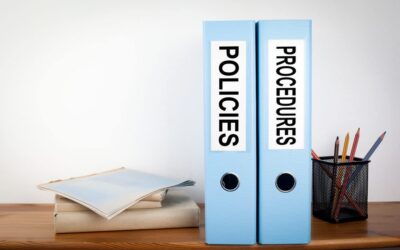The following piece is from our sister publication, Germination.
As the Seed Regulatory Modernization (SRM) process kicked into high gear with the recent winter consultation spearheaded by the Canadian Food Inspection Agency (CFIA), seed industry stakeholders in Canada were faced with a big task — figuring out how to tweak today’s seeds regulations to make lasting change for the next generation.
It’s a process Quentin Martin says he doesn’t envy his fellow seed industry colleagues who make up the SRM working group and task teams for having to go through. And don’t forget the government officials tasked with spearheading it all, he adds.
“It can’t be easy being in a situation where there are so many opposing views. I know they didn’t create the issues that they’re dealing with today, and I understand that they’re just trying to figure out a way to reach a sensible resolution. It’s a tough position to be in, and I can empathize with them,” says Martin, owner of Ontario’s Cribit Seeds.
Martin is a board member for Seeds Canada and is also a member of the Ontario Seed Growers’ Association. You might say he’s been around and knows the issues.
He even has a few thoughts about fixing those issues, but he’s seasoned enough to know that things aren’t always easy to fix.
“There’s a certain level of comfort in the slow-moving nature of the seed system. It’s a complex business, and even though we’re trying to simplify it, there’s still a long way to go. At times, I wonder whether the current process will make things simpler, or if it will just make things more complex due to the amount of time and energy being poured into it,” he says.
“It’s just human nature that the more effort we put into something, the bigger it ends up getting. We’ve made the seed system more complicated than it needs to be, and we need to continue working towards simplifying it.”
What does that look like? It’s hard to say, Martin says. The first three SRM task team reports (there’s four more to come) deal with seed certification, variety registration and seed standards/grade tables. Together, they comprise over 7,200 words of material. And that’s just the executive summaries found on the CFIA website, not the full reports available by request from the CFIA.
The summaries focus on a range of potential changes to the regulatory system, a big one being the question of whether Canada should continue to have a variety registration system and whether it should continue to have one national body establishing and determining the seed crop varietal purity standards to issue a seed crop certificate.
“Variety registration is complex, especially when considering the perspective of plant breeders. The survey discusses certification and seed standards separately, despite them really being part of a continuum. As a select grower, I receive breeder seed, which I assess and then grow. Certification of the crop is a step in the process but is far upstream from when a quality product is obtained,” Martin says.
Many quality issues can occur during post-certification stages, he explains — including improper storage and handling. The conditioning process can improve upon the seed’s quality, but the final critical control point is when it leaves the last piece of conditioning equipment. Martin believes that not looking at the process as a single holistic one leads to inefficiencies, as adjustments made in one section may overlap or conflict with those made in another section.
Trust Issues: Ensuring Fairness and Impartiality
As for having one national body responsible for setting standards, Martin believes that’s best given to an independent standard setting body, like is being proposed by Seeds Canada.
“Creating another body may seem like an additional challenge, but this is a significant enough issue to warrant a separate entity to ensure fairness and impartiality,” he says.
Martin says he and many of his colleagues hoped that SRM would result in a complete rebuild rather than what he calls “just a renovation” of the system. As the SRM project has progressed, he says it seems that a renovation is more realistic than a complete reconstruction.
“The SRM process has brought more people into the conversation, which is positive. However, those of us who were hoping for a complete reconstruction were perhaps a little naive,” he adds.
Related Articles
How do we Bring Value to Canada’s Seed System?
AAFC Funding to Allow CSGA to Provide More Efficient Service





